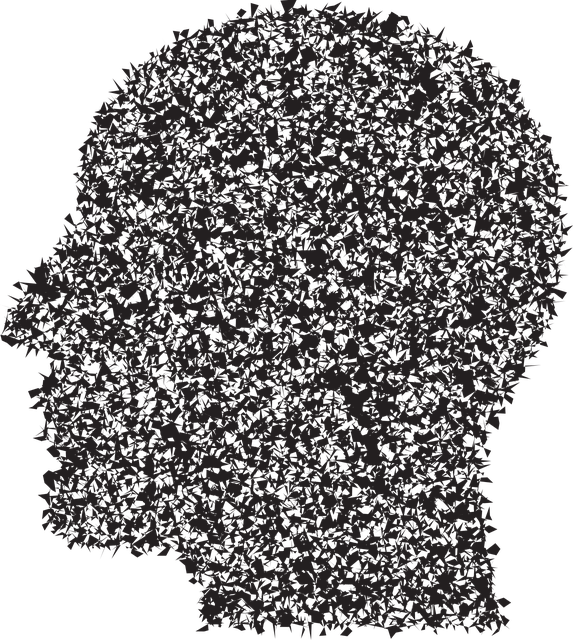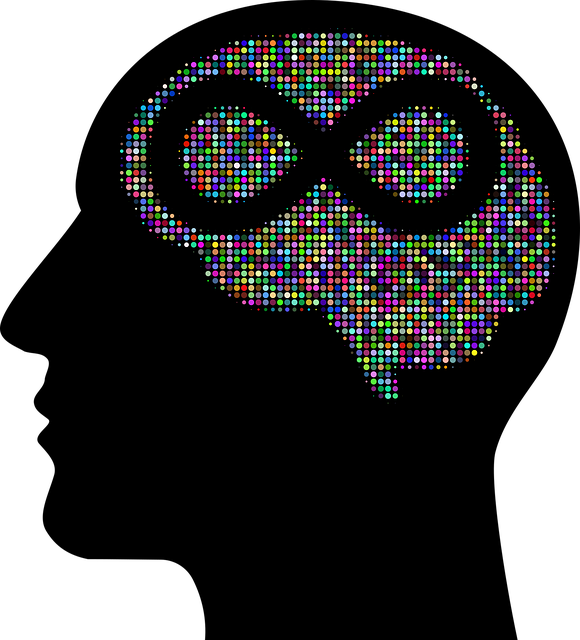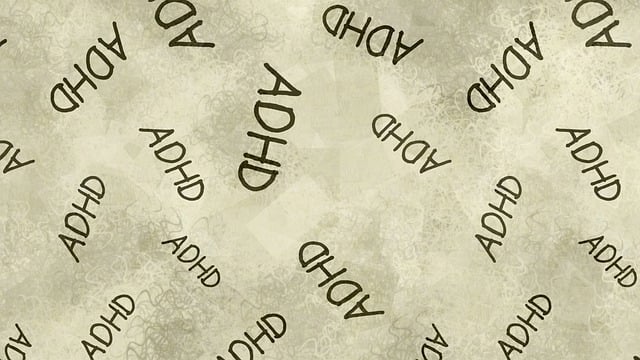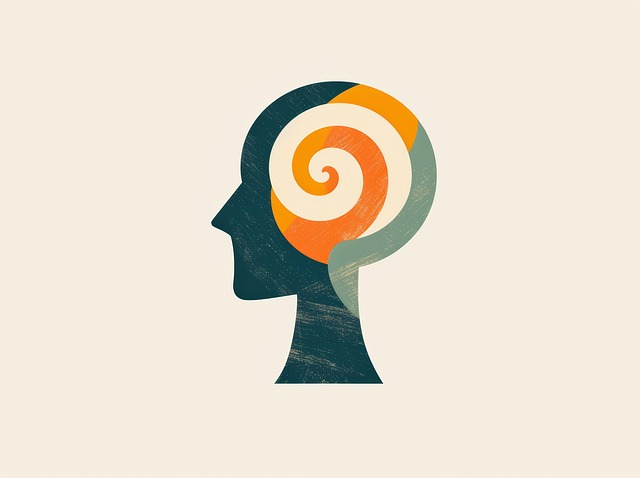Community outreach programs integrated with Golden Cognitive Processing Therapy (GCPT) effectively address healthcare disparities by focusing on mood management, emotional intelligence, and cognitive distortion reduction. GCPT empowers underserved individuals to navigate relationships, manage stress, anxiety, and depression, thereby enhancing health outcomes, social cohesion, and community engagement. Data-driven assessments are crucial for gauging program success, allowing for continuous improvement and refinement based on attendance rates, participant feedback, and behavioral changes, ensuring long-term positive impacts across diverse initiatives.
Community outreach programs play a pivotal role in enhancing societal well-being by bridging gaps between healthcare services and diverse populations. This article explores the multifaceted benefits and goals of such initiatives, focusing on the implementation of Golden Cognitive Processing Therapy (GCPT) in community settings. We delve into strategies for successful integration, highlighting measurable outcomes and continuous improvement techniques. By examining these approaches, we aim to inspire more effective outreach programs, ultimately expanding access to quality mental health care.
- Understanding Community Outreach Programs: Benefits and Goals
- Implementing Golden Cognitive Processing Therapy in Community Settings
- Measuring Success and Continuous Improvement of Outreach Initiatives
Understanding Community Outreach Programs: Benefits and Goals

Community outreach programs are designed to bridge the gap between healthcare services and underserved communities, fostering a more inclusive and supportive environment. These initiatives aim to bring essential resources, education, and support directly to those who may face barriers in accessing traditional care. By implementing such programs, organizations can achieve significant benefits, including improved health outcomes, enhanced social cohesion, and increased community engagement.
One powerful tool within community outreach is Golden Cognitive Processing Therapy (GCPT), which focuses on mood management and emotional intelligence development. Through interactive sessions, GCPT equips individuals with empathy building strategies to navigate interpersonal relationships more effectively. This therapy encourages participants to develop a deeper understanding of their cognitive processes, enabling them to manage stress, anxiety, and depression while fostering healthier emotional responses. By integrating these strategies into community outreach, organizations can create lasting positive change, empowering individuals to take control of their mental health and overall well-being.
Implementing Golden Cognitive Processing Therapy in Community Settings

Implementing Golden Cognitive Processing Therapy (GCPT) in community settings offers a promising approach to enhancing mental health support for diverse populations. GCPT is an evidence-based therapy designed to address cognitive distortions and promote resilience building, making it particularly effective for those dealing with various forms of mental illness. By adapting this therapy for community outreach programs, organizations can reach individuals who may face barriers to accessing traditional clinical services, such as stigma reduction efforts or limited access to healthcare.
Community-based implementation allows for the integration of GCPT into local initiatives focused on empathy building strategies and fostering social connections. This approach not only improves mental well-being but also strengthens community bonds. Through group sessions, workshops, and peer support networks, community outreach programs can create inclusive environments where individuals feel empowered to share their experiences, gain insights from others, and develop coping mechanisms tailored to their unique needs.
Measuring Success and Continuous Improvement of Outreach Initiatives

Measuring the success of community outreach initiatives is a vital step to ensure their long-term impact and effectiveness. It involves using specific metrics to evaluate progress, identify areas for improvement, and adapt strategies accordingly. By employing data-driven approaches, organizations can assess the reach and engagement of their programs, tracking key performance indicators (KPIs) such as attendance rates, participant feedback, and behavioral changes. For example, in the context of Golden Cognitive Processing Therapy (GCPT), success could be measured by observing improvements in mental health outcomes, increased awareness about specific issues, or higher levels of self-esteem among participants.
Continuous improvement is fostered through regular assessment and reflection. Public Awareness Campaigns Development can benefit from analyzing participation rates and the diversity of engaged communities to tailor future initiatives. Crisis Intervention Guidance programs can use feedback mechanisms to refine their support strategies and ensure they meet the evolving needs of at-risk groups. By integrating Self-Esteem Improvement techniques into outreach work, organizations can foster a sense of empowerment among participants, creating a positive cycle of engagement and growth.
Community outreach programs, with a focus on therapies like Golden Cognitive Processing Therapy, can significantly enhance community well-being. By understanding the benefits and setting clear goals, effectively implementing these programs in community settings, and continuously measuring success, we can create lasting positive change. This multi-faceted approach ensures that outreach initiatives are not only reaching their intended targets but also achieving tangible results, ultimately improving lives and fostering stronger, healthier communities.










